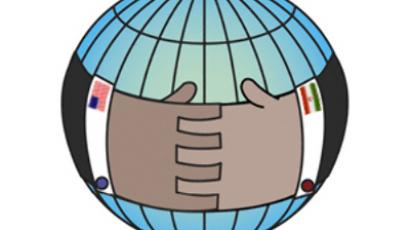Dealing with Afghanistan’s cash crop
Afghanistan's drug trade is becoming a major concern worldwide. Anti-narcotics officials claim the US is doing little to address the problem, with Afghanistan still producing 90% of the world's opium.
The opium trade in Afghanistan has sky-rocketed since the US-led coalition invaded. Eradication efforts over the past 2 years have destroyed less than 4% of the annual poppy crop, and Russia is one of the countries hardest-hit by this trade.
“The past years have seen an estimated threefold increase in the production of opium and heroin. This amount constitutes an estimated 700-800 tonnes. The biggest part of it is flowing into Russia via the so-called North Way, coming through the Central Asian republics,” says Akop Matosyan, Vice President of the International Association on Fighting Drug Addition and Drug Trafficking.In war-ravaged Afghanistan, people are prevented from farming normally by the fighting and are being forced into the drug trade.
“The longstanding confrontation makes it impossible for the population to live off the land which forces peasants to grow the unpretentious poppy, which is in demand by international criminal groups. Therefore Russian and foreign analysts agree that liquidation of the drug economy in Afghanistan is possible only if peasants start growing useful crops, which require peace, unlike the poppy,” says Russia’s counter-narcotics chief Viktor Ivanov.
Thousands of young Russians die ever year from heroin use and tough economic times are only worsening the situation. The deluge in narcotics from Afghanistan means Russia is now keen to offer a helping hand.
“Within the framework of the NATO-Russia Council, we will help train the drug police staff. We are allocating certain funds from our budget to enable our specialists to train the drug policemen from Afghanistan from the Central Asian republics such as Kazakhstan, Kyrgyzstan and Tajikistan,” Viktor Ivanov told journalists.













